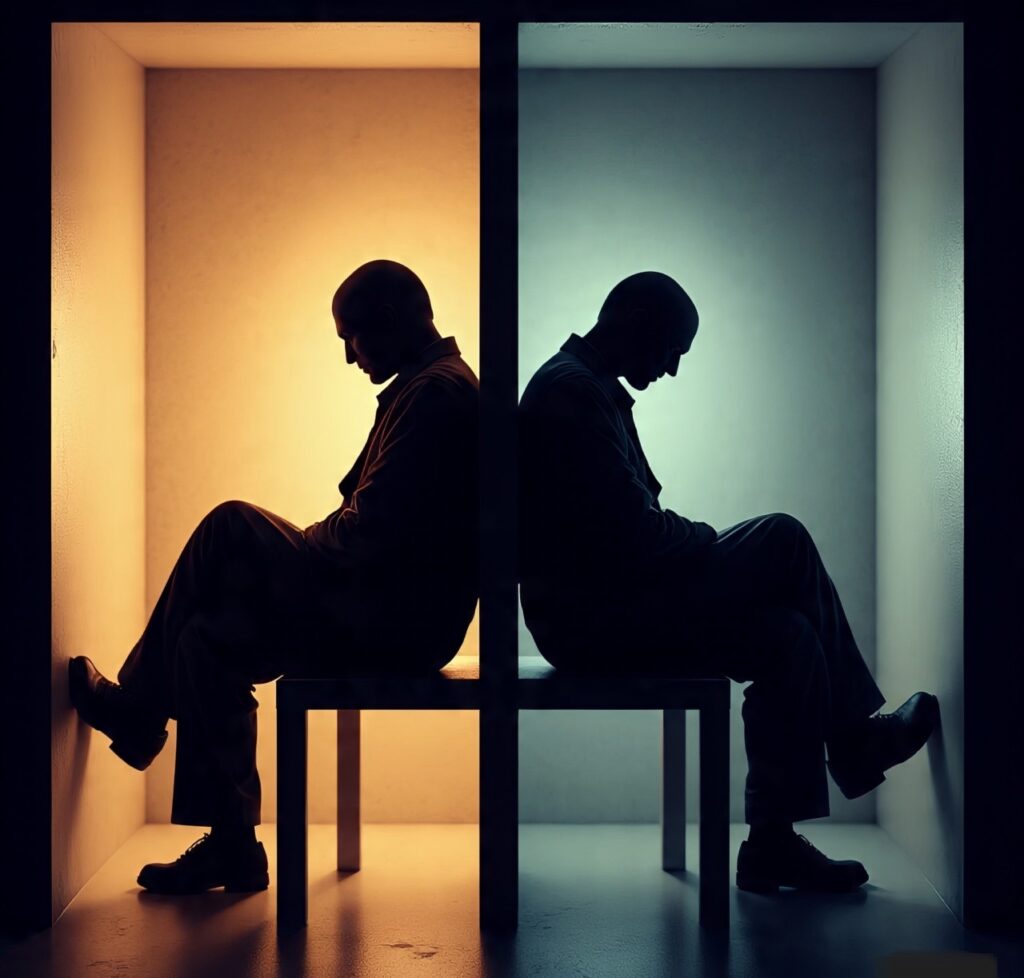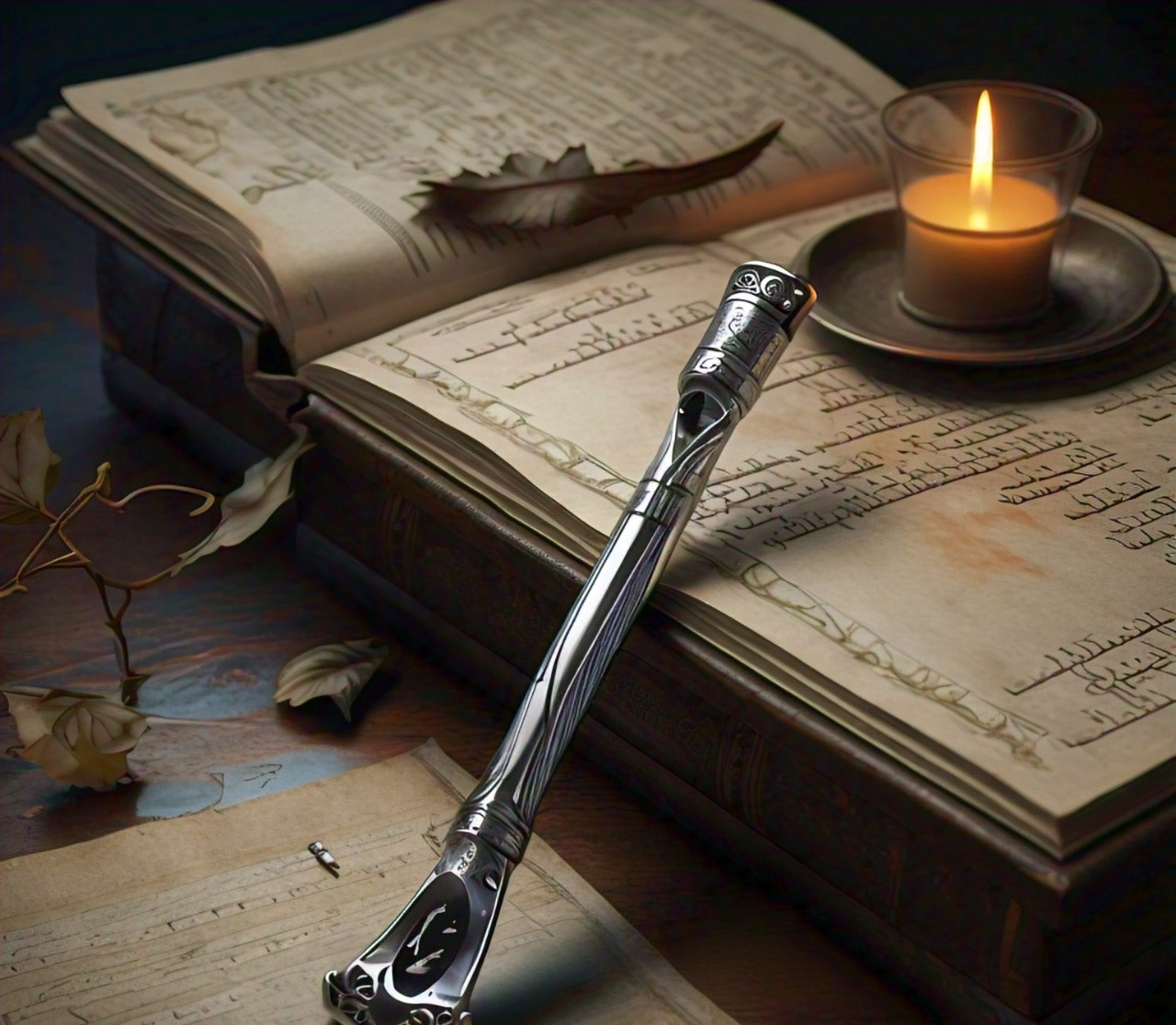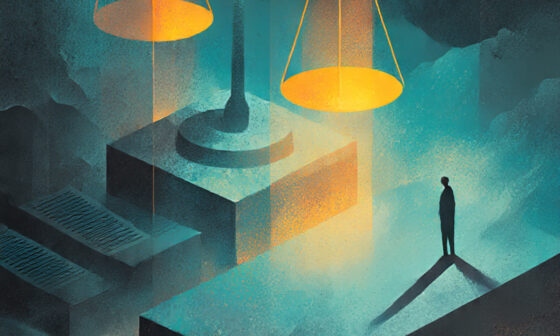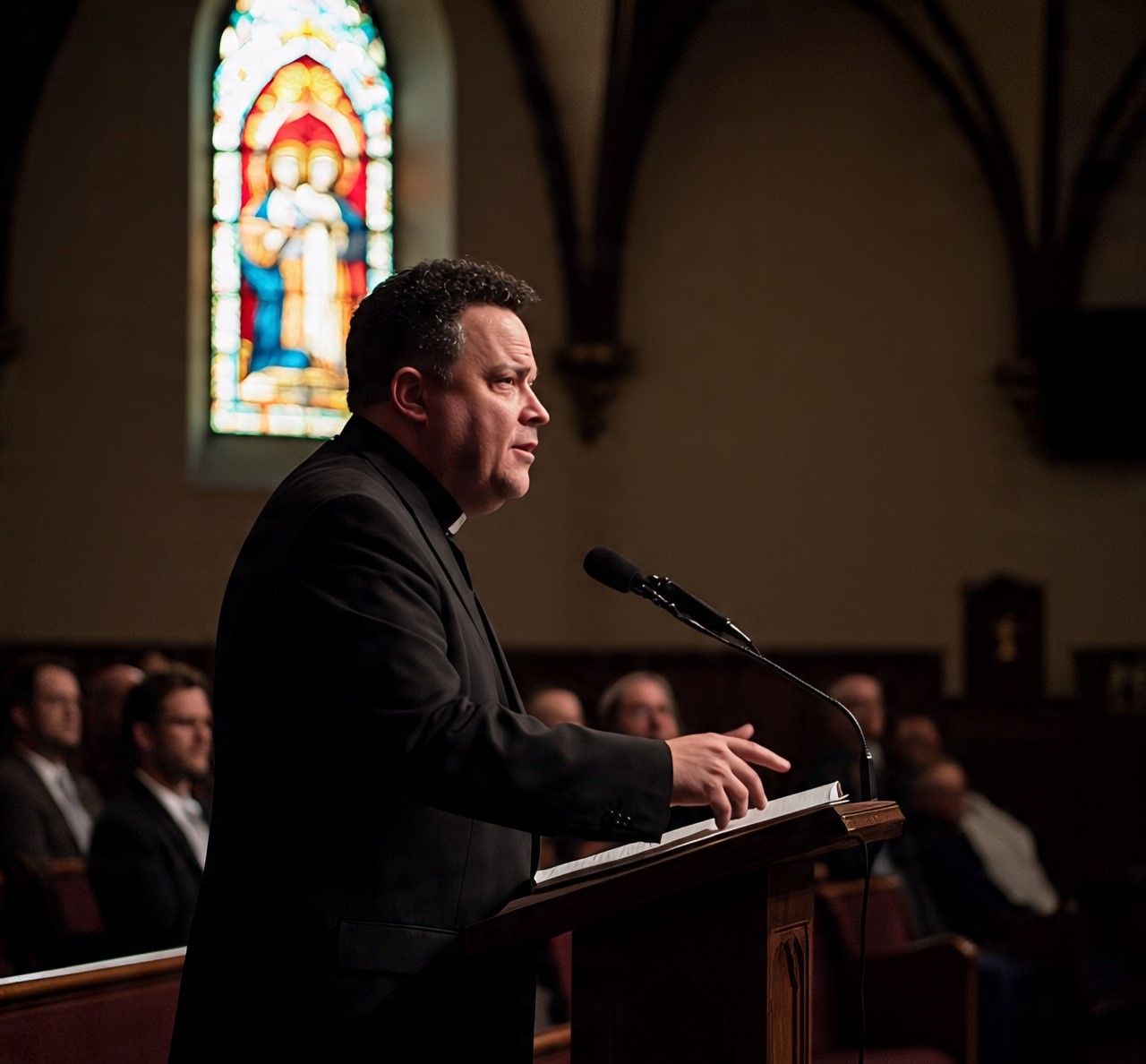If you know what the Prisoner’s Dilemma is, you are likely to know that it is more than just a clever thought experiment taught in psychology, mathematics and economics classes. It is a mirror held up to human nature, showing us the fragile balance between self-interest and cooperation. At first glance, the game seems to reward betrayal, but when we look deeper at it, we see that its true lesson is not about winning at another’s expense, but about the unshakable role of trust in human life. Without trust, our choices collapse into fear, but with it, we create the very foundation upon which society is built and or should be built.
The Prisoner’s Dilemma: A Clash Between Self-Interest and Cooperation
Imagine two people arrested for a crime the police can not quite prove. Each of them is offered a deal: Betray the other person and walk free while the partner is jailed for 10 years, or stay silent together and risk punishment together for 6 months, but if you both betray each other, then you both get 5 years jail term. Some rational strategy suggests betrayal because no matter what the other does, it seems safer to protect oneself, but this cold calculation, however, leaves both almost worse off if both choose betrayal.

The dilemma reveals a deep truth: We are always torn between self-preservation and the hope that others will cooperate. Life is full of these silent agreements, whether on the road, in business, or in relationships. Our collective well-being depends not just on rules, but on the unseen thread of trust.
How Fear and Distrust Shape Our Decisions
The real enemy in the Prisoner’s Dilemma is not betrayal itself, but the fear that the other person might betray, and this fear that comes with the lack of trusting the other person is what pushes some of us into suffocation. This distrust pushes us into defensive choices, even when cooperation could bring us greater freedom.
This same fear shapes our world today. Nations stockpile weapons “just in case.” Businesses guard secrets rather than collaborate, and individuals withhold love or honesty for fear of being hurt. In every case, the shadow of distrust creates isolation and diminishes what could have been gained through openness.
So know this: It is not only selfishness that breaks and kills trust but suspicion. And suspicion, once seeded, can grow faster than goodwill.
Why Trust Holds Societies Together
Trust is invisible, but it is the very glue that holds our daily lives together. We trust that others will stop at red lights. We trust that money exchanged today will hold value tomorrow. We trust that our neighbor will not steal from us while we sleep. Without this quiet reliance, society would break into chaos.
And so the Prisoner’s Dilemma reminds us that trust is always a risk. Choosing to cooperate makes us vulnerable, but that same vulnerability creates the possibility of something greater than mere survival; it creates community. Trust is what transforms fear into partnership and turns fragile agreements into flourishing societies.
Read Also: The Paradox of Hate and Bitterness
Read Also: Keep Showing Up: The Most Underrated Skill for Success in Life
Read Also: Game Theory: Concepts To Effectively Navigate Life
Conclusion
The Prisoner’s Dilemma is not just about criminals or strategy; it is about us. It shows how fragile trust is, and how essential it remains. Fear may push us toward betrayal, but trust calls us toward something higher: The chance to be more than isolated individuals, the chance to build together.
Because in the end, the true dilemma is not whether to trust, but whether we can afford not to. For without trust, society cannot stand.
What do you do when your values contradict each other?
It is easy to think of right and wrong as black and white, and maybe it is but until life hands you a moment that forces you to choose between two “rights.” Do you protect a friend or tell the truth? Stand for justice or preserve peace? These are not just classroom debates or philosophy exercises. They are the invisible crossroads we all face, sometimes daily where our principles collide and demand real decisions.
Dilemmas as they are called are not signs of weakness; they are signs of maturity; they show up not when we lack values, but when we have too many that matter. And sometimes, life does not give us a “correct” answer; it gives us a test of conscience.
For the past 3 days I have been pondering on something, and my personal experience is not your personal experience but I am sure we have faced things like this before: Dilemma. So today I want us to talk about the nature of ethical and moral dilemmas, unpack popular examples like the Trolley Problem, and look at how our everyday choices quietly reveal the integrity of our beliefs. And if you do get the perfect answer, great! But this is not about finding perfect answers; it is about learning to ask better questions when your values are on trial.
Continue Reading: The Dilemma: When Your Principles Collide and Values Are Tested





